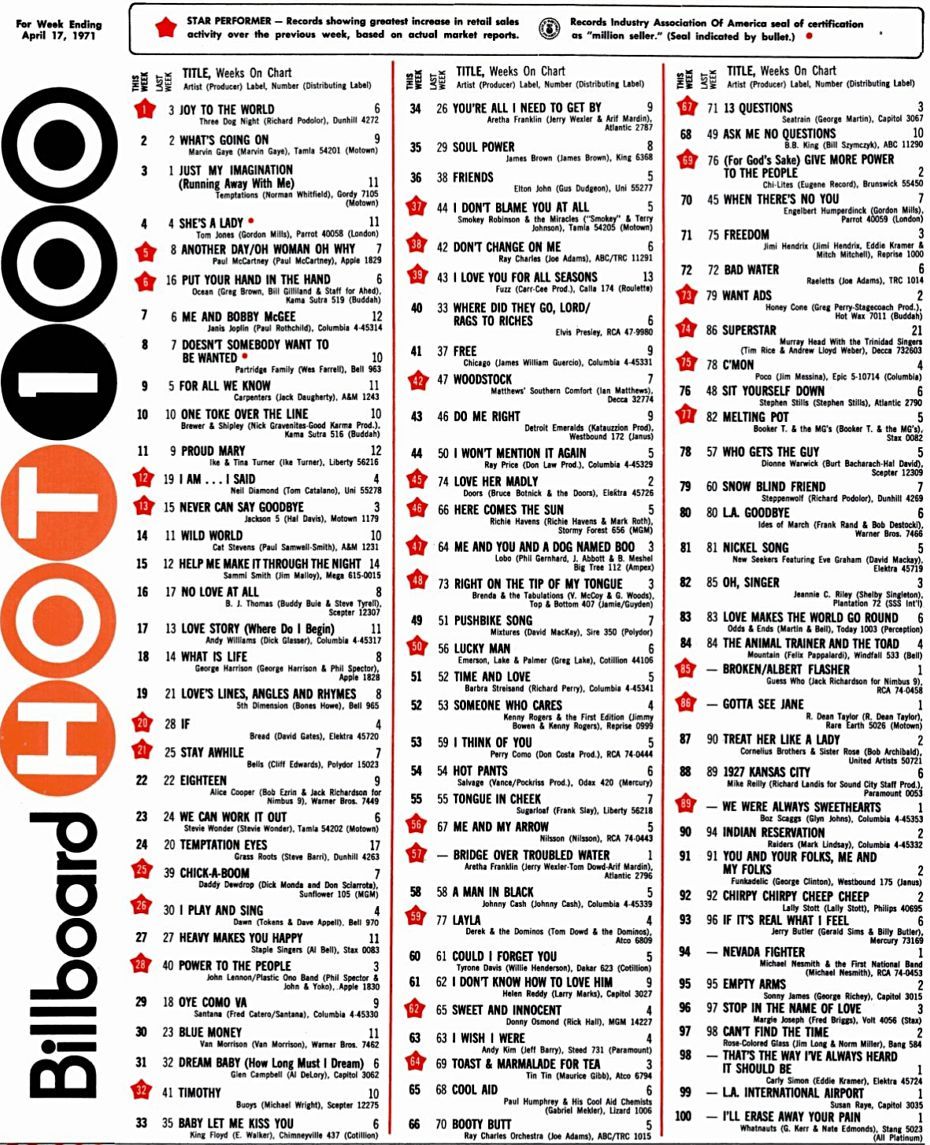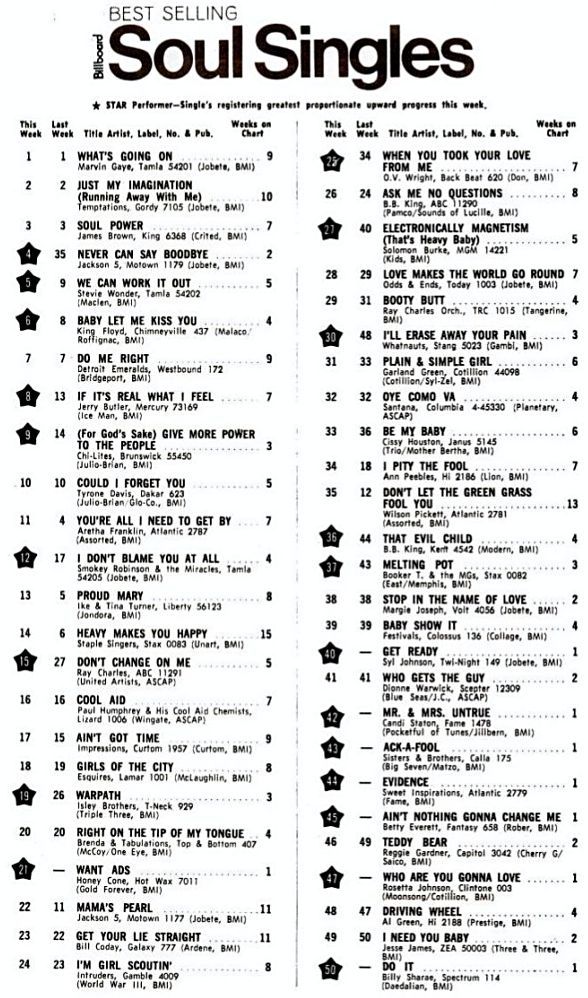
Demonstrators protest the death of Michael Brown on August 21, 2014 in Ferguson, Missouri.
Scott Olson/Getty ImagesNeil Young was so shaken by photos of the four unarmed students killed by military gunfire at Kent State that he wrote "Ohio" for Crosby, Stills, Nash & Youngright away. By the end of the week, it was playing on the radio. That was 1970. Now, in 2014, outrage over police brutality has become much more widespread, inspiring protests and "die-ins" nationwide for Michael Brown and Eric Garner, two unarmed black men killed in confrontations with cops. Days ago in Brooklyn, two NYPD officers were murdered while sitting in their patrol car. But this year will end without a defining protest song.
With the availability of instant platforms like YouTube, SoundCloud, Twitter and Facebook, where is the musician movement? Some have spoken up: Alicia Keysresponded to Garner's chokehold death on Staten Island with "We Gotta Pray";Tom Morello wrote "Marching on Ferguson"; J. Cole released "Be Free" for Brown; and Ben Harper has opened shows with a new song called "Call It What It Is (Murder)." Yet anthems critical of the times are largely absent, even as demonstrators condemn the system that failed to prosecute the officers involved.
"I think a lot of it is just due to fear of being blackballed and not making a living," Questlove of The Roots told Billboard, referring to the backlash the Dixie Chicksfaced in 2003, when Natalie Maines told an audience that the band was "ashamed" that President Bush was from Texas. "We were like, 'Man, if a white woman can lose her career in the United States for speaking up for what's right, then shit, we'll get the electric chair.' I think that was the bottom line. And that just really rendered America silent."
Earlier this month, when grand jurors in the Garner case declined to indict the NYPD officer, D'Angelo decided it was time to release his long-in-the-works album, Black Messiah. The songs were finished long before Brown and Garner died, but "they are applying now more than ever," Questlove said. "With this D'Angelo record," he added, "there's definitely going to be a sea change of people not being afraid anymore, and really putting their art ahead of their commerce concerns."
The folk singer Pete Seeger based his life's work on this philosophy. He thrived, even in the 1950s when radio and television blacklisted Seeger's group, The Weavers, because of Communist ties. Today his version of "We Shall Overcome" is often considered the quintessential protest song. "It's the only record of mine which ever sold very much," Seeger said in an unpublished 2012 interview. Its reach also surprised him; he recalled visiting a village outside Calcutta, India, where a local man recognized Seeger and recited the song in Bengali.
 New topic
New topic Printable
Printable Report post to moderator
Report post to moderator

